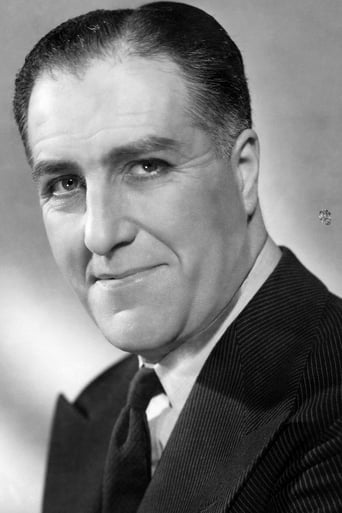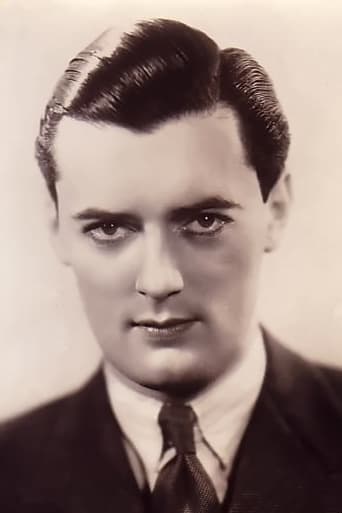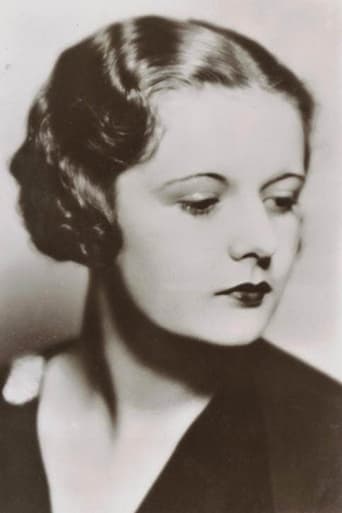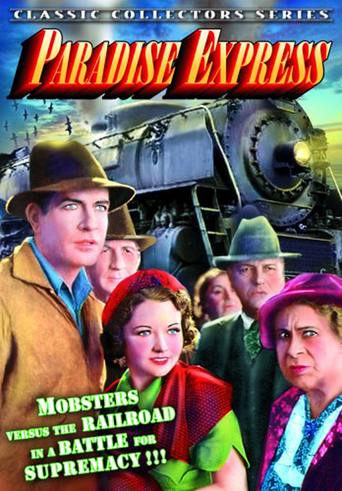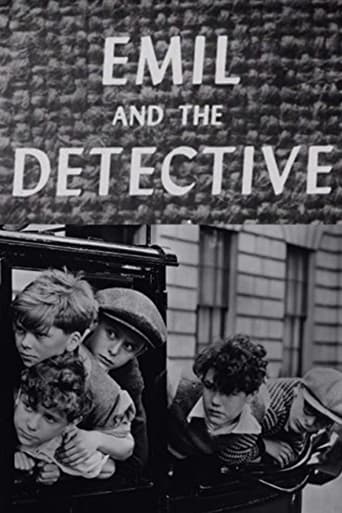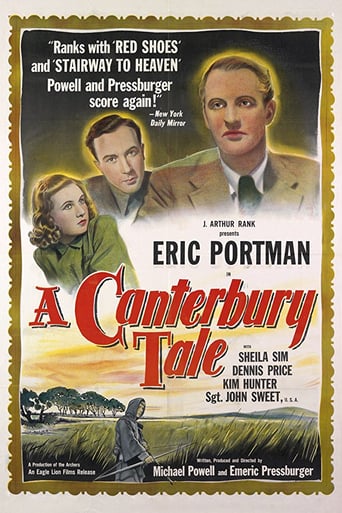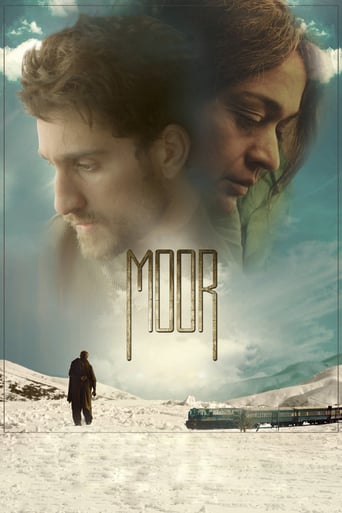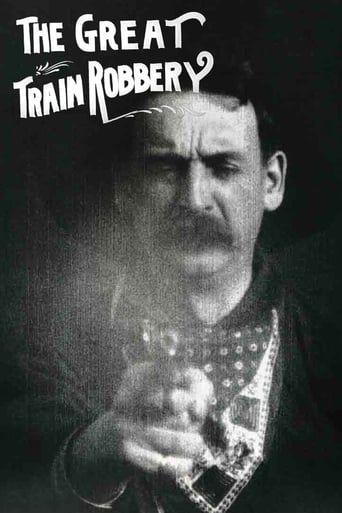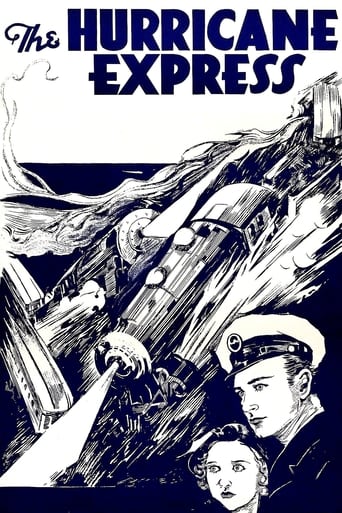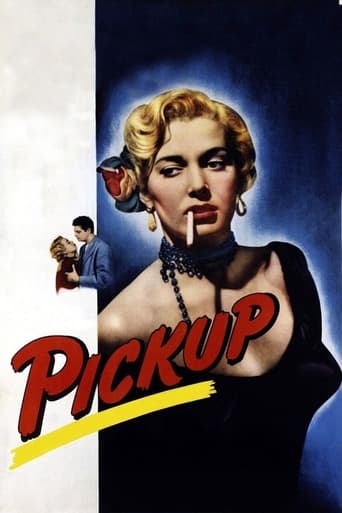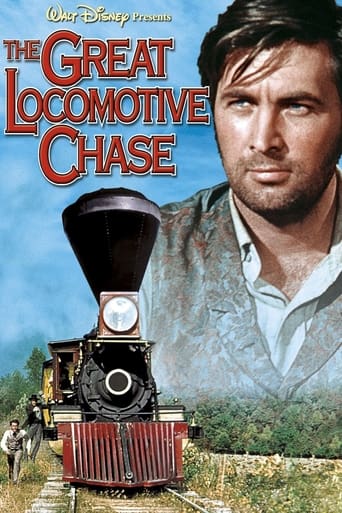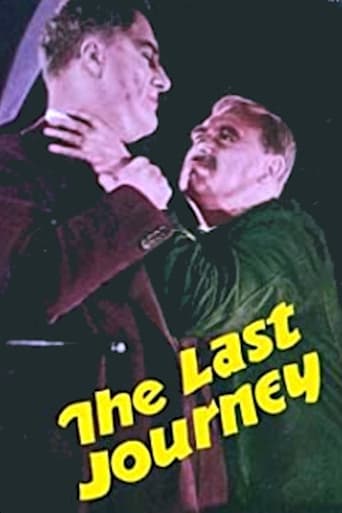
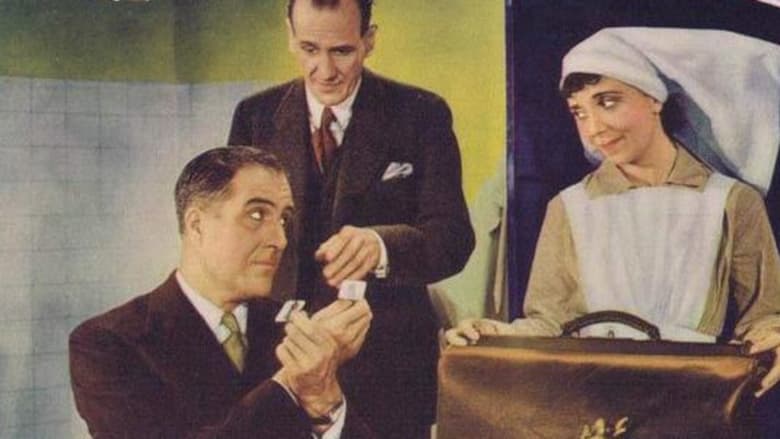
The Last Journey (1936)
Bob Holt's last journey as a Railway engine driver before his retirement, a journey disturbed by his distress at leaving the Railway, and his suspicions of the relationship between his wife and his fireman. Aboard the train are a pair of pickpockets, a honeymoon couple, a drunk, a temperance pamphleteer and a host of familiar types, all more-or-less bizarre in characteristically English ways. Bob takes an unexpected course of action, and the characters start interacting in varied and unexpected ways. When, at last, the train stops, all has been resolved, but not as might have been expected at the beginning of the journey.
Watch Trailer
Cast


Similar titles
Reviews
The plot is simple: A train driver, unable to accept retirement and wrongly imagining his wife is having an affair, hatches an idea in his fevered mind to give his last train passengers the ride of their lives.The film develops a lickety-split pace once the train's eponymous journey begins, and doesn't let up, as character plots intermingle with typical B-movie haste, stirred up with brisk dialogue, editing and direction, while the mind of the troubled train driver unravels even quicker. Considering its age, the film-making is very sophisticated and the writer throws every type of thrill into the pot, many of which can be seen in movies forty + years hence:--- spoiler alert (train chasing car - French Connection, Bi-Plane chasing train - Silver Streak, trusted husband loosing it and turning into murderous maniac - The Shining, unstoppable train - Silver Streak once more, character vignettes sketched in ahead of disaster - Poseidon Adventure) ---end spoiler alert.Some of the camera-work employed in the car-train sequences would stand up in a Spielberg production. And all this in one short hour of B movie-making; B for "Blimey, what a little corker!"
This, had Hitch directed it, would have been considered one of his lesser efforts yet it has many of the elements and one of the stars, (Godfrey Tearle) of his "39 Steps" and lacks nothing in pace or sly humour. Hugh Williams was very much in the Robert Donat mould, albeit a national rather than international star.www.britishpictures.com warns against the easy dismissal of British films post 1927 as "quota quickies" arguing that "The big budget Things To Come, for example, can't be regarded as a quota-quickie yet producer Alexander Korda came to Britain because of the protection the quota offered." while fully accepting that there were dreadful low budget efforts which came into being because of the quota.This is all round, not less than a middle-ranking film in terms of stars,ambition, writing, direction and budget. Reminiscent of silent car/train chase films this steams along at a rattling pace but manages to amuse with the semi-comic conman and woman who get caught up in the plot.Thoroughly entertaining but lacking the brilliance of the Master.
The low budget British B film of the 30's is a much derided genre and conventional wisdom has it they did much to damage the image and prestige of the domestic film industry. But, as in any genre, there was scope for the occasional gem by an innovative writer and director. This is one such example. When most British films of the time - and for a long while afterwards - invariably consist of long dragging master shots, THE LAST JOURNEY is composed of rapid fire editing and quick, inventive clips that ratchet up the tension. There are occasional striking compositions through the fiery opening to the train's furnace as the deranged driver goes about his business. There are a motley group of passengers each with their own soap-opera problems. One such is Judy Gumm - a strikingly attractive British ingénue whose career promised much but went nowhere after she married a short time later. Another group of con men and woman have to deal with an inconvenient - and unconscious - detective - who turns a blind eye to them at the end and allows them to escape. There are several high tensions scenes of the engineer escaping across the roof's of the carriages and the Doctor who clambers into the cab to use psychology to calm the insane driver.This comes close to being a B British disaster movie and its helter skelter editing - no scene seems to last longer than a minute - maintains a hectic pace that leaves the viewer on the edge of his seat. It's a worthy example of how to make something out of very little and a lesson to British filmmakers everywhere. Few of the actors on display will be familiar - except for Godfey Tearle as the heroic Doctor who later crops up in ONE OF OUR AIRCRAFT IS MISSING. The extensive location shooting provides an intriguing glimpse of a lost prewar world. Two excellent books are worth mentioning. QUOTA QUICKIES by Steve Chibnall for the BFI amply demonstrates just how much wheat there was amongst the chaff of the prewar British B film - and some surprising names eg Errol Flynn - and THE UNKNOWN 30'S edited by Jeffrey Richards has a whole chapter devoted to Bernard Vorhaus.
Despite the decades of subsidised film study in Britain, little is known about their pre-Korda years. Critics and thesis writers have been inhibited by the lack of plagiarisable material and the awfulness of much of what was about.The neglect of Maurice Elvey's films is the most obvious result but here is a modest English program entertainment which reverses expectations. Script and performance are less than imposing as passengers with problems accumulate but the energy is startling in the staging of the story of the demented engine driver taking the Mulchester (!) local round the curves at lethal speed, filmed air to rail, road to rail and rail to rail as the racing car, plane and goods trains run level with the speeding passenger local, in the best silent serial traditions.Rail freaks will be delighted by the documentary like coverage of procedures and equipment.Director Vorhaus developed a following when David Lean named him as mentor but most of his output is mediocre or worse. This one suggests Lean may have known something we don't.


